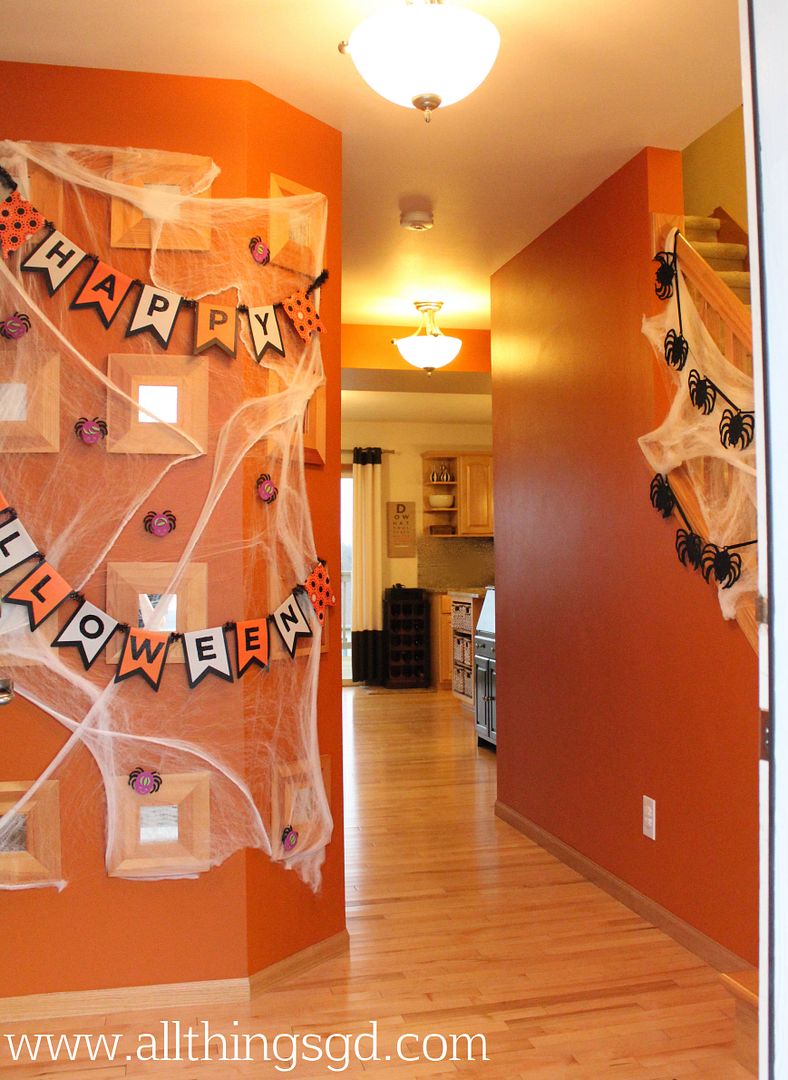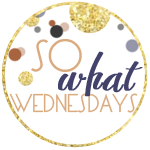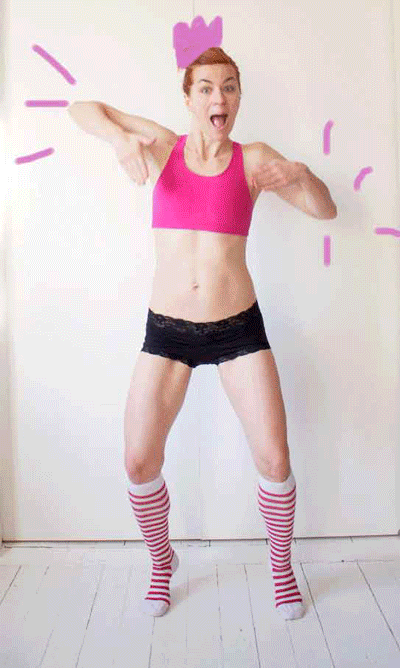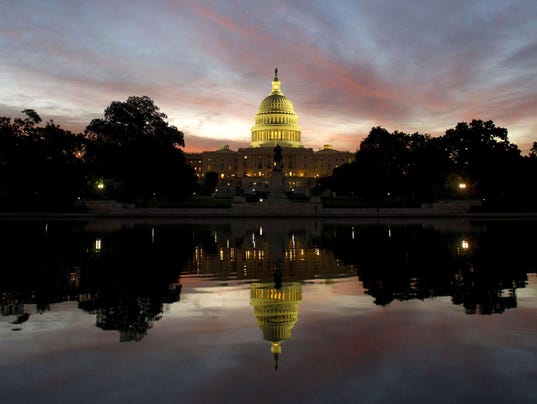I don't do Halloween. And by that, I mean that we do not decorate our home with all things spooky or haunting. We don't anxiously anticipate what costume we will wear this year. We don't go to Halloween parties. We just don't do Halloween.
However, this isn't because I hate the holiday. I'm simply indifferent to it. It comes and goes year after year, and I watch as millions of people spend a fortune on costumes and candy, enjoying every spooky minute. I don't hate it, and I don't love it. It simply is what it is. But it wasn't always this way. As a kid, I remember dressing up in costume for Halloween with my brother and sister and go around town trick-or-treating with our parents. We loved it! My mom would decorate the house with fake spiders, spiderwebs, witches, and pumpkins...it was part of the 'holiday season' that came around this time of year. It was great! So, what happened?
I grew up. As a child, I didn't know the meaning behind the holiday. And to be honest, I still don't. Our parents made sure we participated year after year growing up, but now that I'm on my own, I don't make it a priority. It's not important to me. But that got me thinking - what the heck is Halloween anyway?! Why do we do what we do? Why do we go around begging for candy in crazy costumes? Well, that got me researching the history of Halloween, and thus, this post. The following information can be located here and here. As it turns out, there's a lot of information!

Halloween dates back to the anciet Celtic festival of Samhain (sah-win). The Celts, who lived 2,000 years ago in what is now Ireland, the United Kingdom, and northern France celebrated their new year on November 1st. This day marked the end of summer and the harvest and the beginning of the dark, cold winter, a time of year often assicated with human death. Celts believed that on the night before the new year, the boundary between the worlds of the living and the dead became blurred. On the night of October 31st, they celebrated Samhain, when it was believed that the ghosts of the dead returned to earth. In addition to causing trouble & sickness and damaging crops, Celts thought that the presence of the otherworldly spirits made it easier for the Celtic priests to make predictions about the future, which were an important source of comfort and direction during the dark, long winter. Masks and costumes were worn in an attempt to mimic the evil spirits or appease them. Children would go from house to house in costumes, asking for treats with the question, "Trick or treat?" The trick part of the question was a threat to the homeowner that if they did not receive a 'treat', a trick would be played on the homeowner or his property. Today, it has become socially accepted that if you live in a neighborhood with children, you better have some candy to give out!
By the 9th century, the influence of Christianity had spread into Celtic lands, where it gradually blended with an supplanted the older Celtic rites. In 1000 A.D., the church would make November 2nd All Souls' Day - a day to honor the dead. It is believed that the church was attempting to replace the Celtic festival of the dead with a related, but church-sanctioned holiday. All souls Day was celebrated similarly to Samhain, with big bonfires, parades, and dressing up in costumes as saints, devils, and angels. The All Saints Day celebration was also called All-hallows or All-hallowmas (from Middle English Alholowmesse meaning All Saints' Day) and the night before it, the traditional night of Samhain, began to be called All-hallows Eve and, eventually, Halloween.
Celebration of Halloween was very limited in colonial New England due to the rigid Protestant belief systems. It was much more common in the southern colonies of America. As the beliefs and customs of different European ethnic groups and American Indians meshed, a distinctly American version of Halloween emerged. The first celebrations included "play parties," public events held to celebrate harvest, where neighbors would share stories of the dead, tell each other's fortunes, dance and sing. In the late nineteenth century, America was flooded with new immigrants, espeically of those fleeing Ireland's potato famine of 1846, and it helped to popularize Halloween nationally. In the late 1800s, there was a move in America to mold Halloween into a holiday more about community and neighborly get-togethers than about ghosts, witchcraft, and pranks. Thus, Halloween parties became the most common way to celebrate, which focused on games, food and costumes. There was also encouragement to remove any and all things grotesque and frightening out of the holiday, which resulted in Halloween losing most of its superstitious and religious affiliations by the beginning of the twentieth century.
By the 1950s, Halloween evolved into a holiday directed mainly at the young {maybe that's where my lack of Halloween-ness comes into play...}. Due to the high numbers of young children during the fifties baby boom, parties moved into classrooms and homes, where young children could be accommodated. By this time, the old practice of trick-or-treating was also revived. In theory, families could prevent tricks being played on them by providing the neighborhood children with small treats. A new American tradition was born, and it has continued to grow. Today, Americans spend an estimated $6 billion annually on Halloween, making it America's second largest commercial holiday {behind Christmas of course}.
Today, kids all over the world are super excited to dress up in costumes and go door-to-door to consume crazy amounts of candy. Today, Halloween is 'fun'. Businesses everywhere may have a fall festival, costume contests, and good clean fun. I know we are! I also know there are hundreds of thousands of haunted houses across America that you can visit. There are tons just in town! And I'm too much of a wuss {to be honest} to even step foot near one! Seriously...I don't do scary! But, no matter the reason you're excited about today {or not so excited, whatever the case may be}, be safe out there and have fun! I will be chillin' on my couch with my husband, sister, and our puppy watching Halloweentown movies on Disney. That's just how I roll! And I am not ashamed!
So, my lack of Halloween-ness isn't because I feel it's a strictly Pagan holiday or that I'm too religious to celebrate. It's because I'm lazy and I just don't do Halloween. But, you can pretty much 100% guarantee that once I have children of my own, this will change! :)
And, I'm really loving Elizabeth's post about why she celebrates Halloween! Go check it out!
































